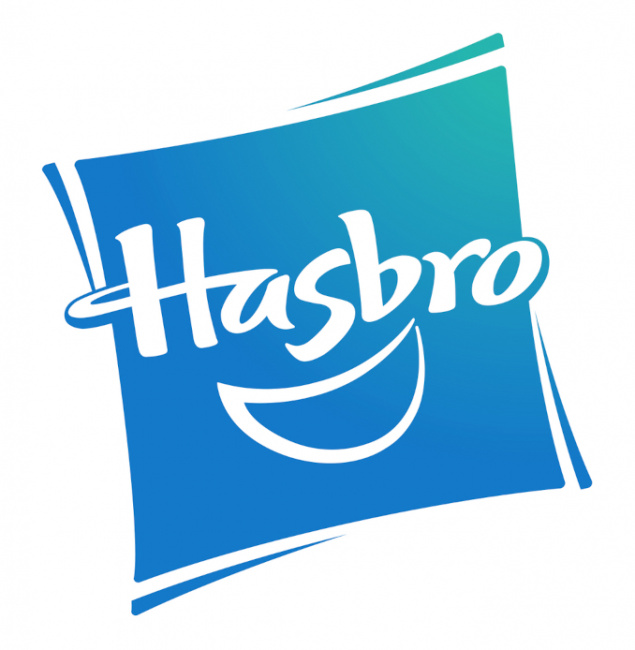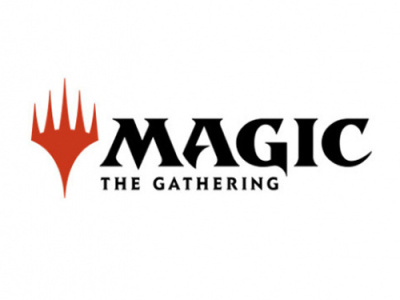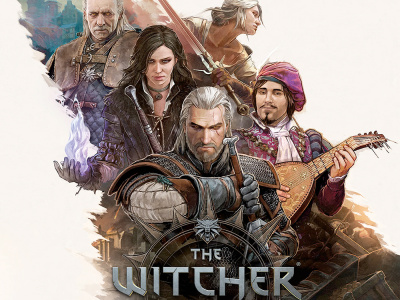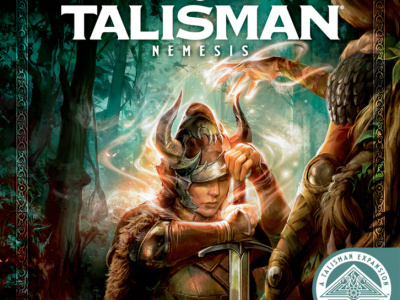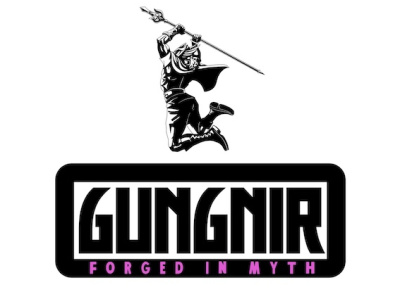Hasbro reported a $1.06 billion loss for Q4, despite a positive contribution from its Wizards of the Coast and Digital Gaming segment. Both of Hasbro’s other segments, Consumer Products and Entertainment, showed big losses. Entertainment showed a $1.11 billion loss as Hasbro completed its sale of eOne assets, taking a loss, and wrote down the entertainment it kept. Consumer products, including toys and non-Hasbro games, lost $126 million. Wizards of the Coast and Digital Gaming showed a $103 million profit for the quarter, down about $1 million from Q4 2022.
Company-wide sales took a big hit, down 23% to $1.29 billion from $1.68 billion in Q4 2022. Entertainment was down 49%, and Consumer Products was down 25%. Wizards of the Coast and Digital Gaming was up 7%, driven by digital games (Baldur’s Gate III and Monopoly Go!); tabletop gaming sales in the segment were near flat (down around $1 million to $266 million).
Sales of Magic: The Gathering, which include WotC’s digital game sales from the brand, were down about 2%, to $258 million, from $263 million in Q4 2022.
For the full year, Hasbro lost $1.49 billion, swinging from a $204 million profit in 2022, on a 15% year over year sales decline to $5 billion. In addition to the entertainment write-offs, Hasbro took $130 million in inventory writedowns as it cut its inventory over 50% from the end of previous year.
Sales in the Wizards of the Coast and Digital Gaming segment were up 10% to $1.46 billion in 2023, mostly behind the two hot videogames, Baldur’s Gate III and Monopoly Go!. Tabletop game sales in the segment were up 1%, a pretty anemic showing when you consider the scale of the Lord of the Rings release for Magic: The Gathering. CEO Chris Cocks gave something of an explanation in the conference call when he explained that Magic: The Gathering tabletop sales were up 3% to 5% for the year.
Flat sales for WotC tabletop games and a 3-5% growth rate for Magic: The Gathering tabletop sales leads to the inescapable conclusion that Dungeons & Dragons tabletop sales were down substantially on a percentage basis in 2023 (as Magic sales dwarf D&D’s, the percentage move was much bigger). The OGL fiasco at the beginning of 2023, the lackluster performance of the Dungeons & Dragons movie, and the announcement of upcoming updates to the core books likely all played a role.
Still, WotC generated $1.07 billion in tabletop game sales in 2023, a very healthy number.
For 2024, sales in the Wizards of the Coast and Digital Gaming segment are expected to be down 3-5%, with tough comps against the launch of Baldur’s Gate III and Monopoly Go!, and the tabletop Lord of the Rings release. Magic: The Gathering tabletop sales are expected to be flat to down, on the same number of releases as 2023, and D&D sales are expected to be up due to the update releases and D&D Beyond, Cocks said in the conference call.
Hasbro expects Magic: The Gathering to return to growth in 2025, when the company will start releasing two premier Universes Beyond sets per year (The Lord of the Rings was the one "premier" Universes Beyond set in 2023). Marvel will kick off in 2025, for which Cocks promised multiple releases in the call.
Hasbro expects its board game sales to grow in 2024, but overall consumer products sales are expected to decline 7-12%.
Hasbro is in a much better position for profitability in 2024 due to its expense cuts (see "Hasbro to Lay Off Another 1,100 Employees"), on which it expanded its estimates of savings from $350 to $400 million up to $750 million by the end of next year. Its margins will also improve as it will have a lot less inventory risk and lower writedowns. And it should be done with most of its disastrous losses in the entertainment segment.
Overall, a tough quarter and year for Hasbro, with hope for better times ahead.
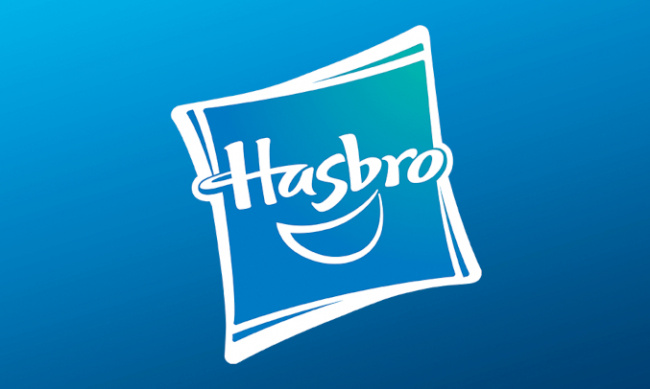
Despite Profits from WotC
Posted by Milton Griepp on February 14, 2024 @ 3:27 am CT
MORE GAMES
'A Villainous Halloween' In-Store Event
August 15, 2025
Wizards of the Coast announced A Villainous Halloween , a new Magic: The Gathering Commander in-store WPN event.
Base Game, Expansions, Accessories
August 15, 2025
Asmodee will release The Witcher: Path of Destiny core game, expansions, and accessory pack.
MORE NEWS
Featuring 1vMany Play
August 15, 2025
Avalon Hill announced Talisman Nemesis: Call of the Hunt for Talisman 5E , featuring 1vMany gameplay.
Publisher Founded by Former Heavy Metal CEO to Expand with Three Imprints
August 15, 2025
The publisher, founded by former Heavy Metal CEO Michael Medney, will expand with three new imprints.



